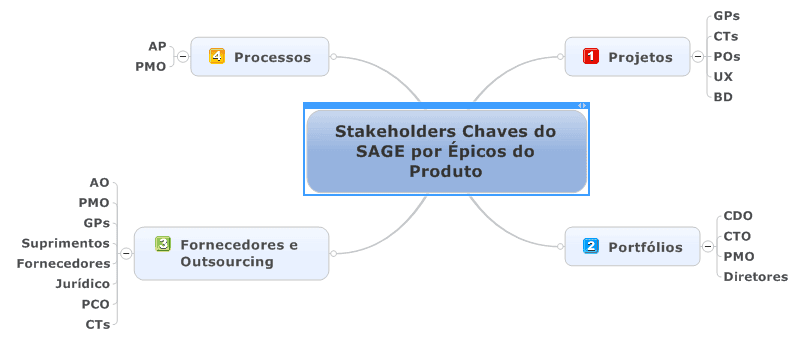Sometimes the most transformative discoveries happen when you're thousands of miles from home, facing a problem that demands creative thinking.
It was 2012, and I found myself in São Paulo, Brazil, working as a program manager in the PMO of Latin America's largest media company. The energy was electric—we were in the middle of a digital transformation, with dozens of applications under development and projects spinning up faster than we could track them. But that excitement came with a challenge: our existing agile project management tools (Rally at the time) were great for developers but not so great for a PMO trying to monitor and track the performance of many dozens of software development and website development projects across four portfolios.
The Problem That Changed Everything
We had evaluated the usual suspects—the rigid, enterprise-grade solutions that promised everything but delivered bureaucracy. Our development team was agile, creative, and moving fast. We needed something that could match their pace, not slow them down with unnecessary complexity.
That's when we came across Zoho Creator.

At first glance, it seemed almost too simple. A low-code platform that let you build custom applications quickly? In Brazil, working with a team that prized both functionality and aesthetics, we were skeptical. But we were also desperate for a solution that could grow with us. Last, we had a large list of stakeholder needs to be addressed by the application.

Building Something Beautiful
What happened next surprised everyone, including me.
Within weeks, we had built a sophisticated project tracking application that felt nothing like the clunky enterprise tools we were used to. It had elegant dashboards that executives actually wanted to look at, workflows that reflected how we actually worked (not how some consultant thought we should work), and forms that didn't make people want to procrastinate.
The initial feedback was extremely positive. So much so that we decided to brand the application and give it a name— SAGE: Sistema Abril de Governança e Execução.

More than 200 people across the organization began using our custom application daily. Product managers could see development progress in real-time. Executives had visibility into portfolio health without drowning in status reports. Developers could focus on building instead of updating tracking spreadsheets.
The Realization
But here's what really impressed me: Zoho Creator hadn't just solved our immediate problem—it had revealed something bigger. The platform's philosophy aligned with how I believed business technology should work: powerful enough for complex requirements, yet intuitive enough that smart people could build exactly what they needed without waiting for IT to get around to it.
Watching our application evolve organically, seeing teams adapt it to their unique workflows, I realized I was witnessing the future of business applications. Not one-size-fits-all solutions, but platforms that empowered organizations to build their own perfect fit.
Going Deeper with Zoho
The Creator success opened doors to explore more of the Zoho ecosystem. When I transferred to another division within the company, we faced a different challenge: managing our growing customer relationships, tracking leads, and streamlining our sales process. Naturally, I turned to Zoho CRM.

This time, it wasn't just about functionality—we fell in love with the application. The intuitive interface, the seamless integration possibilities, and the way it seemed to anticipate what a sales team actually needed made it feel less like software and more like a natural extension of how we thought about our customers.
The Competitor's Perspective
Life has a sense of humor. My next role took me to Sugar CRM, where I managed sales to Brazil—back to the market where I had first discovered Zoho's potential. Sugar CRM was (and still is) an awesome product with sophisticated capabilities and a strong development community.
But here's the thing about being on the other side: I kept running into Zoho CRM at prospect accounts. Again and again, I'd walk into meetings where Zoho CRM (or even Zoho Creator) was already being considered, sometimes already implemented. As a Sugar CRM representative, I had to respect their competitive strength, but as someone who had experienced Zoho's ecosystem firsthand, I understood why.
Zoho wasn't just competing on features or price—they were offering a different philosophy. While enterprise CRM solutions often required extensive customization projects and IT involvement, Zoho empowered business users to configure, adapt, and grow their systems organically. I was watching this play out in real-time across the Brazilian market.
Impressively, Zoho had elegantly tied its CRM into a suite of other business-essential applications. This was prior to the advent of Zoho One, but the outlines of Zoho's ingenious strategy were starting to become apparent: Zoho was building a master suite of enterprise-grade applications that were all built on the same code base and integrated from the inception. Companies would no longer need to cobble together a hodgepodge of separate apps to run their business. They could do it all on Zoho's fully integrated and rapidly growing platform - Zoho's Operating System for Business.

From User to Partner
Those combined experiences—building with Creator, implementing CRM, and then competing against Zoho in the market—gave me a unique perspective that would eventually shape Navis Solutions. When I returned to the United States and began building my consulting practice, I knew that Zoho's approach to business technology would be central to how I helped clients transform their operations.
Today, as a Zoho Partner, I help small and mid-sized organizations discover what I learned in that São Paulo conference room: that the best business solutions aren't found—they're built. And with the right platform, any organization can build something remarkable.

The journey from that first project in Brazil to becoming a Zoho Partner has reinforced my belief that technology should amplify human capability, not constrain it. Whether we're implementing Zoho CRM for a growing sales team or building custom applications with Creator, the goal remains the same: creating systems that feel like a natural extension of how people actually work.
That's the power of getting the platform right. Everything else becomes possible. Zoho One is the "One Platform to Rule them All".
Thanks for reading!
James
